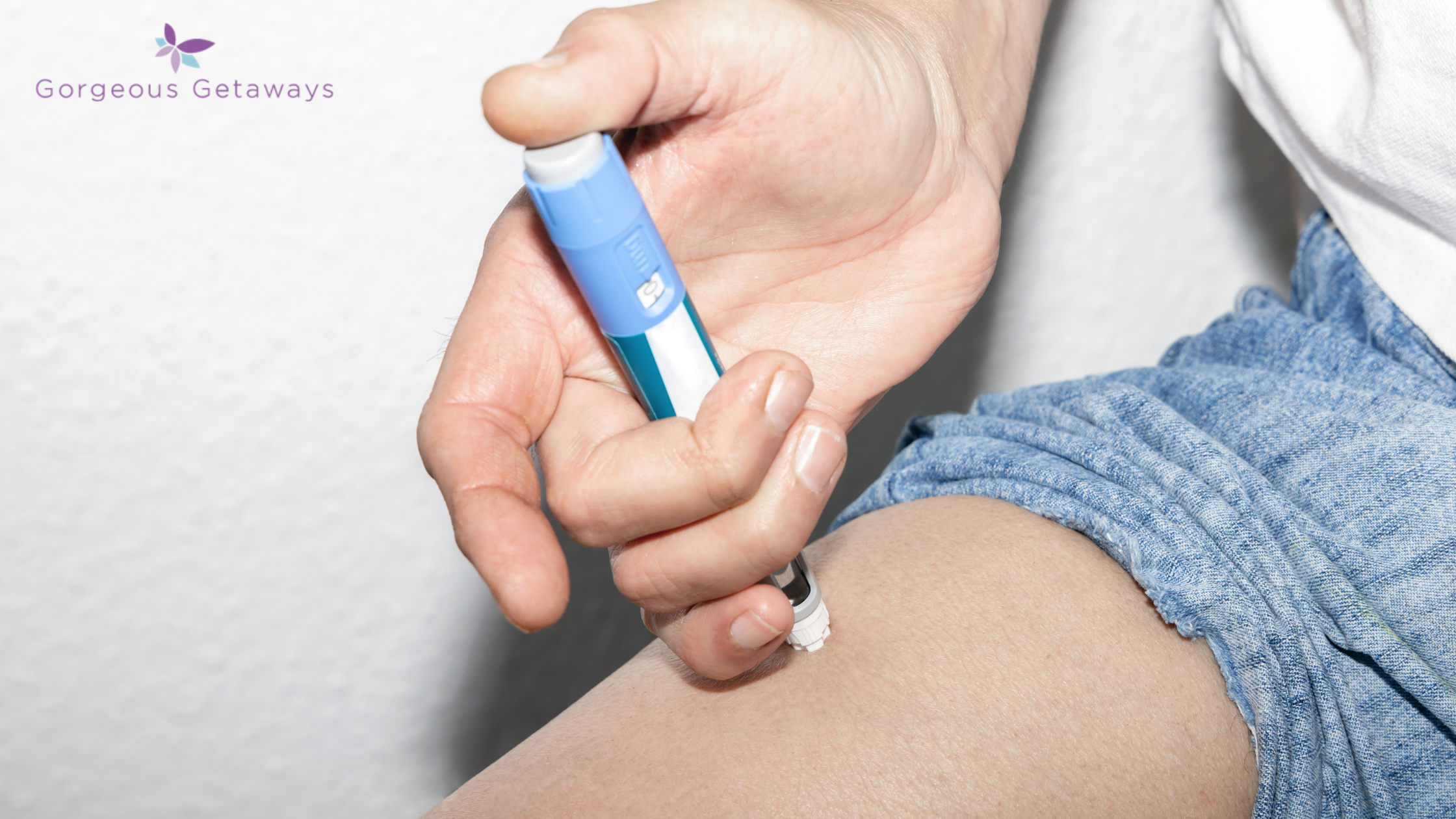Bariatric surgery is a life-changing procedure that can significantly aid in weight loss for individuals struggling with obesity. After undergoing bariatric surgery, one of the most common questions patients have is when they will start to see the pounds come off. While weight loss experiences can vary, there are general patterns that can help set expectations. In this article, we will explore when you can typically expect to start losing weight after bariatric surgery and factors that may influence the timeline.
Immediately After Surgery:
Immediately after bariatric surgery, your body will undergo a recovery period. During this time, weight loss may not be the primary focus, as your body adjusts to the surgical changes and heals from the procedure. Additionally, factors such as post-operative swelling and fluid retention can temporarily affect the numbers on the scale.
The First Few Weeks:
In the first few weeks following bariatric surgery, it is common to experience rapid weight loss. This initial phase is often referred to as the “honeymoon period.” During this time, your caloric intake is significantly reduced, and your body begins to utilize stored fat for energy. Most patients can expect to see a noticeable decrease in weight during this period.
Months 1-6:
Weight loss typically continues at a steady pace during the first six months after bariatric surgery. This period is crucial for establishing new eating habits and adapting to the dietary guidelines provided by your healthcare team. It is important to follow a balanced and nutritious diet while incorporating regular physical activity into your routine to maximize weight loss during this phase.
Months 6 and Beyond:
While the rate of weight loss may slow down after the initial six months, the journey towards reaching your weight loss goals continues. The pace at which you continue to lose weight may vary depending on various factors, including your individual metabolism, adherence to dietary guidelines, and engagement in physical activity. Consistency with healthy lifestyle choices is essential for long-term success.
Factors That Influence Weight Loss:
Several factors can influence weight loss outcomes after bariatric surgery. These include:
- Surgical Procedure: The type of bariatric surgery performed, such as gastric bypass, gastric sleeve, or gastric banding, can affect the rate and amount of weight loss.
- Commitment to Lifestyle Changes: Following the recommended dietary guidelines, portion control, regular exercise, and behavior modifications are crucial for achieving and maintaining weight loss success.
- Metabolism and Individual Factors: Each person’s metabolism and individual body composition can impact how quickly weight is shed after surgery. Factors such as age, genetics, and hormone levels can also influence weight loss.
- Support and Follow-up Care: Engaging in regular follow-up appointments with your healthcare team, attending support groups, and seeking ongoing support can contribute to sustained weight loss and overall success.
While the timing of weight loss after bariatric surgery can vary among individuals, it is common to experience significant weight loss in the first few weeks and months following the procedure. The initial rapid weight loss is followed by a more gradual pace, but consistency with healthy lifestyle choices and ongoing support can help you reach your weight loss goals over time. Remember to consult with your healthcare team to establish realistic expectations and develop a personalized plan that best suits your needs.
BONUS:
If you book your bariatric procedure with us in one of our 10+ destinations, you will receive a free wearable device and remote patient monitoring service. Our service is currently in trial with patients and bariatric surgeons from all over the world, and will move to final production early next year. If you have already had bariatric surgery and are interested in being in our trial please let us know. We currently integrate with over 250+ wearable devices.









Leave A Comment